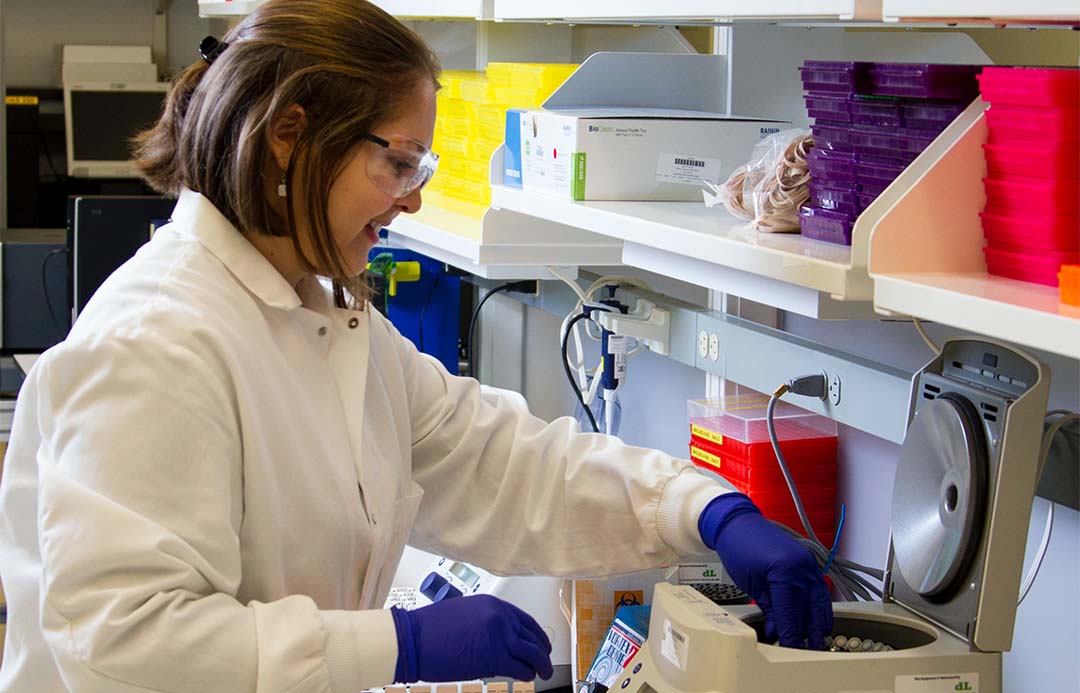Thinking about studying a Bachelor of Science with Honours this year? Or, maybe you’ve already enrolled and want to make sure you’re as prepared as possible?
We spoke to one of our 2022 students, Liam Phillips, who recently graduated with First Class Honours, to see what his top tips and tricks are for acing fourth year.
Read his words of wisdom below.
Only work on a project you’re interested in. This makes sure you maintain the determination required to finish and also do well. Plus, you should do something you’re interested in as this is presumably related to what you want to do as a career.
Have a good support system in place. Treat it like a mentorship under your supervisor and ensure you have a good support system around you. It is very hard to do your Honours on your own and partner and/or friends are needed. Also, make sure you have days off to relax and socialise. Your supervisor is presumably an expert in the field, learn what you can from them.
(If you need some extra support, UNE's Student Support team is always here to help. Our Academic Skills Office also has some great resources to help you stay on track when life gets busy).
You won’t know a lot or what to do at times and that is fine. This is when you ask colleagues, your cohort and your supervisor for help and advice. You’re not expected to know everything.
Set aside cash and apply for scholarships. Depending on your project, you might have some travel and expenses to take into account. The university will likely reimburse you, as I was for my fuel expenses travelling around the New England for weeks at a time, but it helps to have some money available. Working availability may also be limited, but again, this depends on your project.
(If you need financial assistance, you may be eligible for support from the University. Find out more here. Otherwise, why not apply for a scholarship?)
You won’t know a lot or what to do at times and that is fine. This is when you ask colleagues, your cohort and your supervisor for help and advice. You’re not expected to know everything.
Make the most of the knowledge and new skills you will learn. Honours can be a valuable experience, even if you don’t want to move onto a Masters or PhD just yet (or at all). I learned many new things, techniques, and ways of thinking from doing my Honours that you just don’t think about or learn about during your base undergrad. More practical experience is a large part of this and makes you much more attractive to employers.
Brush up on your statistics knowledge and R skills. Like it or not, statistics and maths is a massive part of science. Maths is how we provide solid evidence for what we are arguing, and you will need to know how these things work and what they mean when you’re looking at your data. R is used to facilitate this evidence and there are a limitless amount of code and tools available for it.
Make sure you publish your results. Honours projects are nearly always new unique research, data and/or methods. The scientific community wants this to be available as soon as possible, especially if it relates to industry. My work was largely conservation based and I’m still in the process of making my work ready for publishing, but it is important to land managers and other scientists to learn that a population control method has been trialled and what the results of that is. Also the sooner you publish the sooner you can link it in job applications to show employers your work and what you’re capable of.
Find out more about the Bachelor of Science with Honours here. The 2023 Projects can be found here (Environmental and Rural Science), and here (Science and Technology) . A recording of the information session can be found here.


